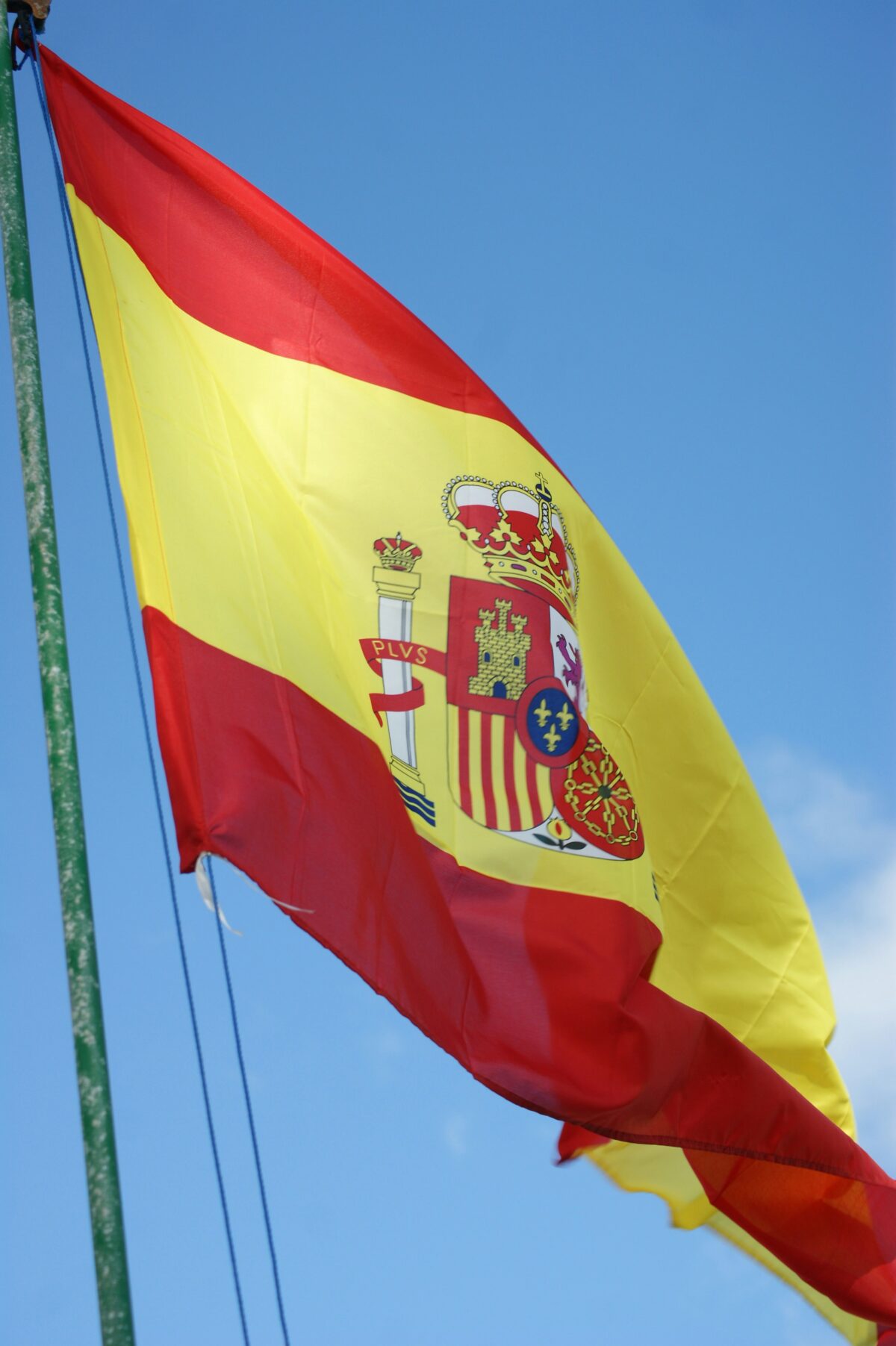Hip hop first emerged as a distinct musical genre in New York in the 1970s, when local Black artists started to perform the distinctive rhythmic music with its spoken lyrics and syncopation. It has gone on to have a profound effect not just on popular music in general, but also on how people speak across the English-speaking world, and to some extent even beyond.
Black Americans often speak with accents, dialects and vocabularies that are different to those of white people living in the same areas. Differences can be especially marked when it comes to spoken informal language. The predominantly Black artists working in hip hop dipped into the rich lexicon of Black American vernacular. In the process, they introduced words into the general English vocabulary. Without realising it, you’ve almost certainly used some of these words yourself.
For example, the term to ‘ghost’ someone, meaning to disappear from their life suddenly, without warning, comes from the Black American vernacular, and was first heard in a forum more accessible to the mainstream on a 1991 collaboration between two hip-hop duos, 3rd Bass and Nice & Smooth.









